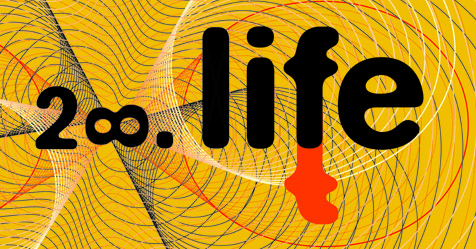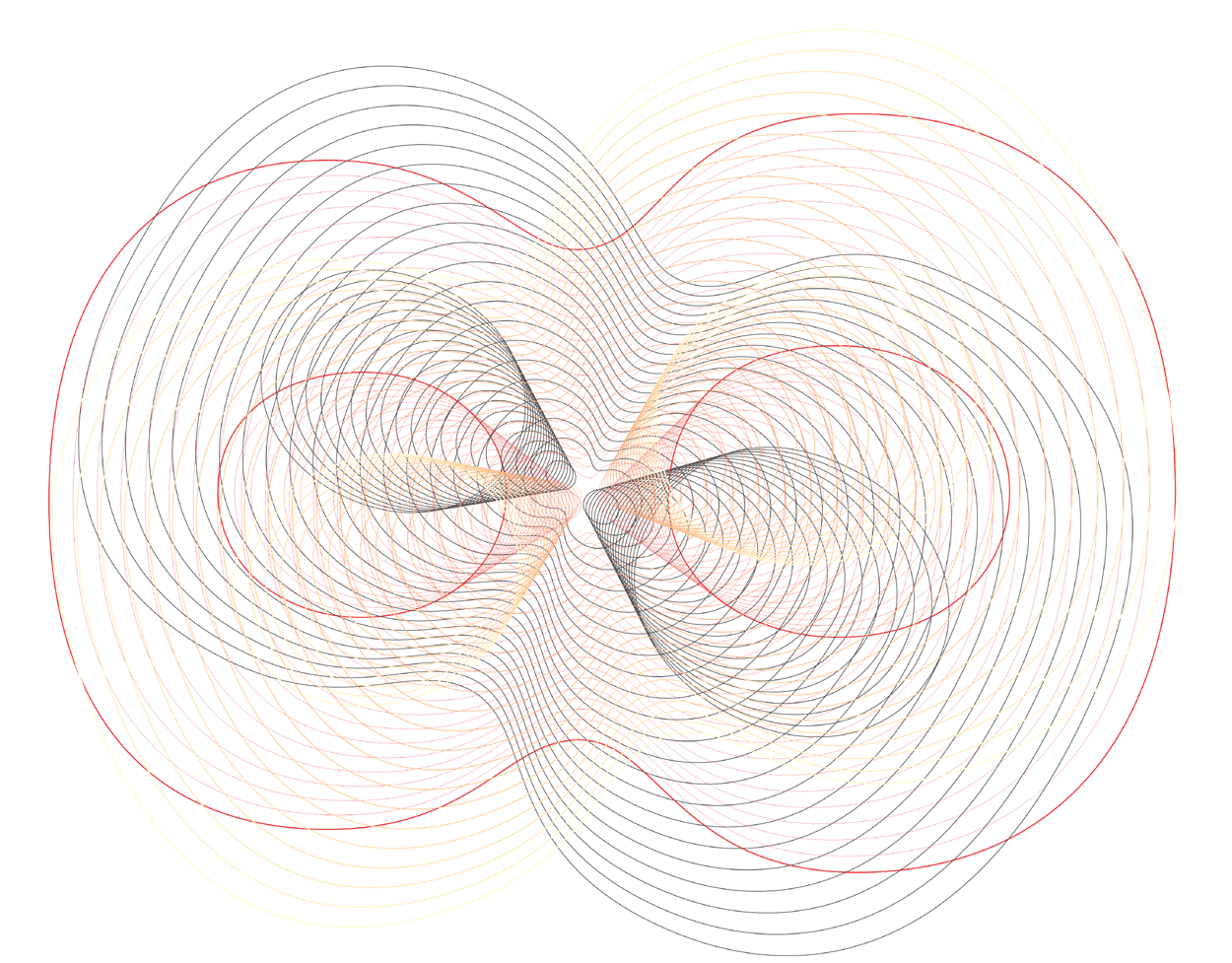A Q&A session with the director Teona Strugar Mitevska and the film crew followed the Sunday screening of When the Day Had No Name at the Kinodvor Cinema. Apart from the filmmaker, moderator Toni Cahunek was joined by producer Labina Mitevska, who also makes an appearance in the film, Vertigo co-producer Danijel Hočevar and costume designer Monika Lornberg to discuss the main issues addressed in the film, especially the segregation of national entities in Macedonia, that is, the hegemony of the predominant national group over others. According to the director, When the Day Had No Name is her reading of the present-day Macedonian society and its problems viewed from the perspective of the young people. True, the youth is heterogeneous, but only to a point; the behaviour of young people is shaped by the ruling group or their community, whose separation from the others is observable in many aspects of society, which is the film’s overriding theme: violence of exclusion breeds violence.
Mitevska examines the suburbs of Skopje predominantly from the perspective of the young with poor future prospects. One of the scenes reveals graffiti in Macedonian suburbia saying, “No future”, while the background shows slogans along the lines of “Don't trust women”; thus, the young people can only rebel by reinforcing prejudices and exclusion, which only fuels further violence. Based on a true story about a publicly controversial crime, the film problematises current contradictions and blunders in present-day society. According to Labina Mitevska, an artist’s mission – when coming across a burning social issue – is to cry out; an artist’s role does not involve noncritical examination of news items. That is why the filmmaking team has re-shifted its focus from the notorious affair, which served as the inspiration for the film, to the structural problems of the entire Balkan society.
Nataša Šušteršič
Photo Iztok Dimc



